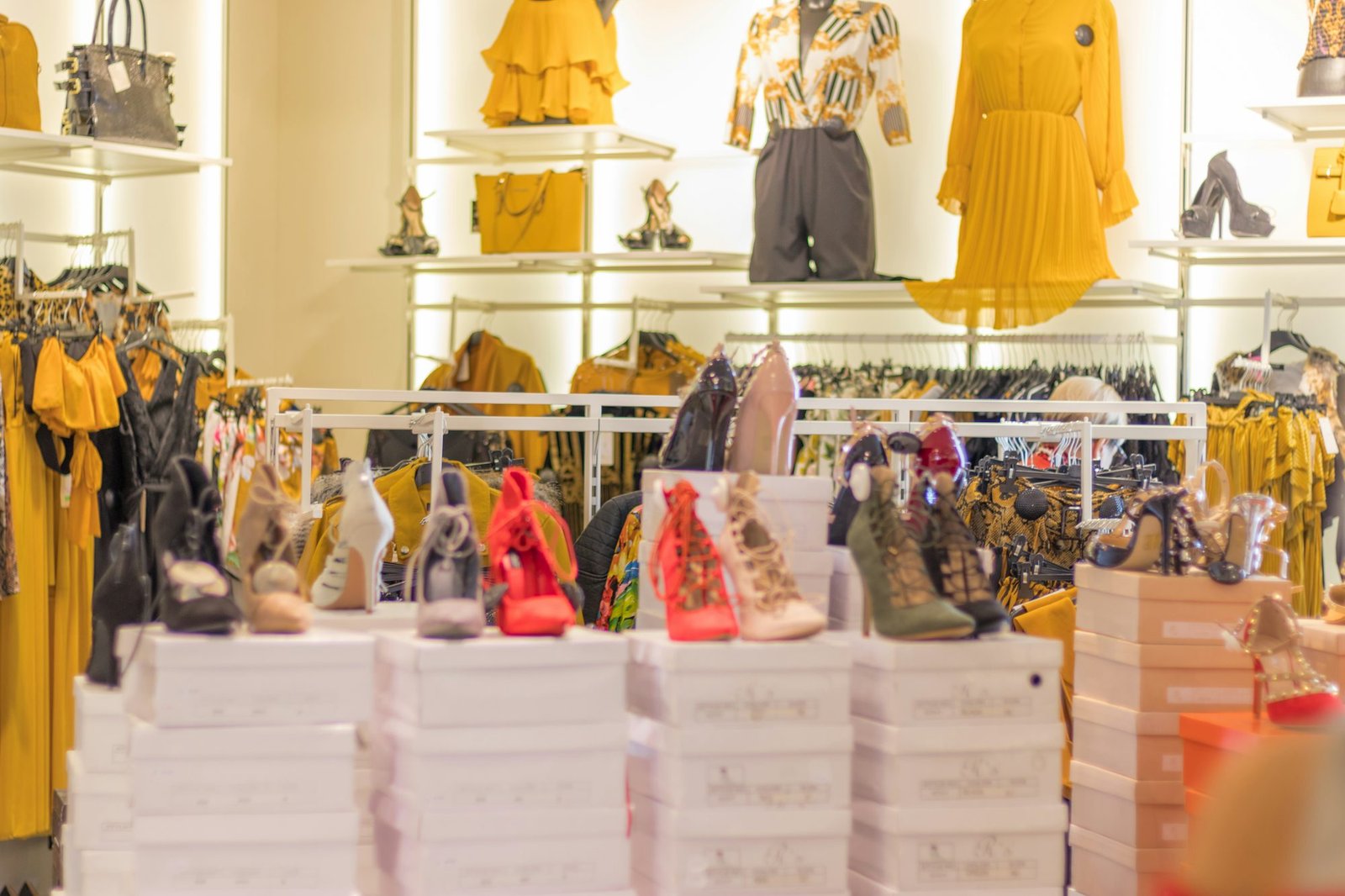trenzio.blog
An exploration of Runway eco-friendly Boutique fashion choices, Outfit emphasizing Fabric sustainable materials, Couture ethical practices, and Wardrobe Style Designer stylish alternatives for the Streetwear Accessories Trend conscious Jewelry Apparel Costume consumer. Footwear
Understanding Eco-Friendly Fashion
Eco-friendly fashion refers to clothing and accessories designed with environmental sustainability in mind. This includes using materials that have a lower environmental impact, employing ethical labor practices, and promoting recycling and upcycling initiatives. The traditional fashion industry, often Costume criticized for its fast-fashion model, contributes to significant waste and pollution. In contrast, eco-friendly fashion prioritizes quality over quantity, encouraging consumers to invest in durable pieces that can be cherished for years.
Sustainable Materials: The Building Blocks of Eco-Friendly Fashion
One of the most crucial aspects of eco-friendly fashion is the choice of materials. Many brands are now opting for sustainable fabrics that require fewer resources to produce and have a reduced environmental footprint. Here are some popular sustainable materials:
1. Organic Cotton: Unlike conventional cotton, organic cotton is grown without harmful pesticides Trend or fertilizers, making it a healthier choice for the environment. This fabric is soft, breathable, and perfect for a variety of clothing items.
2. Linen: Made from the flax plant, linen is biodegradable and requires less water to produce compared to cotton. Fabric Its natural texture and breathability make it ideal for warm weather.
3. Tencel: Derived from sustainably sourced wood pulp, Tencel is known for its luxurious feel and eco-friendly production process. It is biodegradable and produced in Wardrobe a closed-loop system, which minimizes waste.
4. Recycled Materials: Many brands are turning to recycled fabrics, such as polyester made from post-consumer plastic bottles. This not only reduces waste but also gives new life to materials that would otherwise end up in landfills.
5. Hemp: Hemp is a highly sustainable crop that grows quickly, requires minimal water, and enriches the soil. Hemp fabric is durable, breathable, and naturally resistant to mold and UV rays.
Ethical Practices: Beyond Materials
Sustainable fashion goes beyond the materials used; it also encompasses ethical labor practices. Many eco-friendly brands prioritize fair wages, safe working conditions, and transparent supply chains. Supporting brands that uphold these values ensures that your fashion choices contribute to positive social impact.
1. Fair Trade Certification: Look for brands that have fair trade certification, which guarantees that workers are paid fairly and work in safe conditions.
2. Transparency: Brands that openly share their production processes and sourcing of materials allow consumers to make informed decisions. Transparency fosters trust and encourages accountability in the fashion industry.
3. Local Production: Supporting local artisans and manufacturers helps reduce the carbon footprint associated with transportation. Additionally, local production often means better working conditions and fairer wages for workers.
Building an Eco-Friendly Wardrobe
Creating an eco-friendly wardrobe doesn’t have to be overwhelming. Here are some practical steps to transition to a more sustainable closet:
1. Invest in Quality Over Quantity: Choose high-quality, timeless pieces that you will wear for years rather than fast-fashion items that may only last a season. This shift in mindset can lead to a more sustainable approach to fashion.
2. Thrift and Vintage Shopping: Explore thrift stores and vintage shops for unique finds. Not only does this reduce waste, but it also allows you to express your individuality through one-of-a-kind pieces.
3. Capsule Wardrobe: Consider creating a capsule wardrobe, which consists of a small collection of versatile pieces that can be mixed and matched. This approach encourages mindful purchasing and reduces clutter.
4. Care for Your Clothes: Properly caring for your clothing can extend its lifespan. Follow washing instructions, repair damaged items, and store clothes appropriately to keep them looking their best.
5. Support Sustainable Brands: Research and support brands that prioritize sustainability and ethical practices. Many companies now offer stylish options that align with eco-friendly values, making it easier than ever to shop responsibly.
Stylish Alternatives in Eco-Friendly Fashion
As eco-friendly fashion becomes more mainstream, a plethora of stylish options has emerged. Here are some popular brands and designers leading the charge in sustainable fashion:
1. Reformation: Known for its trendy styles and commitment to sustainability, Reformation uses eco-friendly materials and practices to create fashionable pieces for women.
2. Patagonia: This outdoor brand is a pioneer in sustainable practices, using recycled materials and promoting environmental activism. Patagonia offers high-quality outdoor clothing that is built to last.
3. Everlane: With a focus on transparency and ethical production, Everlane offers minimalist, stylish essentials made from sustainable materials. Their “Radical Transparency” initiative allows consumers to see the true cost of each item.
4. Eileen Fisher: This brand emphasizes sustainability and ethical labor practices, creating Streetwear timeless pieces that are designed to be worn for years. Eileen Fisher also promotes a take-back program to recycle old garments.
5. People Tree: As one of the pioneers of sustainable fashion, People Tree is committed to fair trade practices and environmentally friendly materials, offering a range of stylish clothing options for men and women.
Conclusion
Eco-friendly fashion represents a significant shift in the industry, emphasizing sustainability, ethical practices, and stylish choices. By understanding the importance of sustainable materials and supporting ethical brands, consumers can make mindful decisions that contribute to a better future. Transitioning to an eco-friendly wardrobe is a journey that allows individuals to express their personal style while making a Apparel positive impact on the planet. As the fashion industry continues to evolve, embracing eco-friendly practices will not only enhance our style but also foster a more sustainable world for future generations.